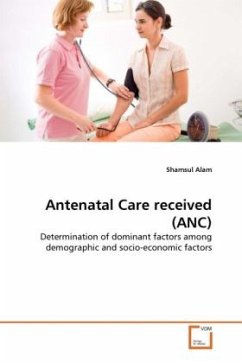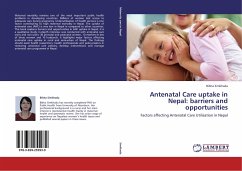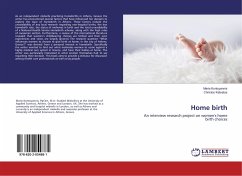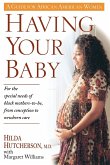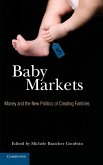Maternal health is one of the most crucially important subjects a country that is experiencing high infant and child mortality like Bangladesh. Now, it has become a major interest to demographic researchers. But it is very recent in Bangladesh. Very reasonably an attempt has been made here to find out the determinants of the reproductive health programs and their possible effect on maternal health using BDHS 2004 data. Bivariate analysis has been employed to study the differentials in the socio-economic status and reproductive health care according to some selected demographic and socio-economic characteristics. Older mothers, mothers with high parity, those who live in rural areas and illiterate mothers are more likely did not received any ANC. Mass media was found to have strong effect on receiving ANC. Multivariate analysis shows that variables like mother's age at birth, highest education level, partner's education attainment, and wealth index are significant in this regard. This study finding contain a number of implications for policy purposes that could be useful in devising ways to increase the utilization of maternal health services in Bangladesh.
Bitte wählen Sie Ihr Anliegen aus.
Rechnungen
Retourenschein anfordern
Bestellstatus
Storno

